The UN climate chief, Simon Stiell, has acknowledged that the world is not winning the fight against the climate crisis, despite a fragile agreement reached at the recently concluded Cop30 summit in Belém, Brazil. The summit, which was bitterly contested, saw countries failing to bring an end to the fossil fuel age, a key objective of the conference, due to opposition from some countries led by Saudi Arabia. Additionally, the talks underdelivered on a flagship hope to chart an end to deforestation in the Amazon region.
According to Stiell, the UN climate chief, the talks did not collapse as was feared, a testament to the resilience of multilateralism in a fractious era of nationalism, war, and distrust. "We knew this Cop would take place in stormy political waters," Stiell said, adding that the agreement reached at the summit shows that climate cooperation is alive and kicking.
The Cop30 summit was marked by intense negotiations and disagreements among countries, with some nations pushing for more ambitious climate action while others resisted. The talks were also overshadowed by the ongoing conflict in Ukraine and the global economic downturn, which have contributed to a sense of pessimism and mistrust among countries.
Despite the challenges, the agreement reached at the summit is seen as a significant achievement, as it sets a framework for countries to work together to address the climate crisis. The deal includes provisions for countries to increase their climate ambition, enhance climate finance, and support vulnerable countries in their efforts to adapt to the impacts of climate change.
The UN climate chief has emphasized that the agreement is not a perfect solution, but it is a step in the right direction. "We are not out of the woods yet," Stiell said, "but we are still in the fight, and that's what matters." The agreement will now be taken to the UN General Assembly for approval, where it is expected to face further scrutiny and debate.
The Cop30 summit was attended by over 30,000 delegates from around the world, including government officials, civil society representatives, and business leaders. The conference was held in the Amazon region, which is home to some of the world's most valuable and vulnerable ecosystems. The talks were seen as a critical opportunity for countries to take bold action to address the climate crisis, and the agreement reached at the summit is seen as a significant step towards achieving this goal.
As the world looks to the next round of climate talks, scheduled to take place in 2025, the agreement reached at Cop30 provides a glimmer of hope that countries can work together to address the climate crisis. However, the challenges ahead are significant, and it remains to be seen whether countries will be able to build on the momentum generated at the summit to achieve more ambitious climate action.






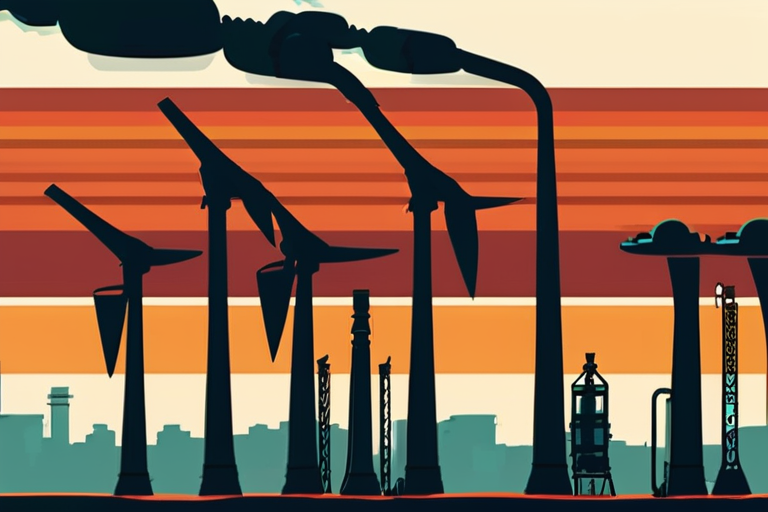



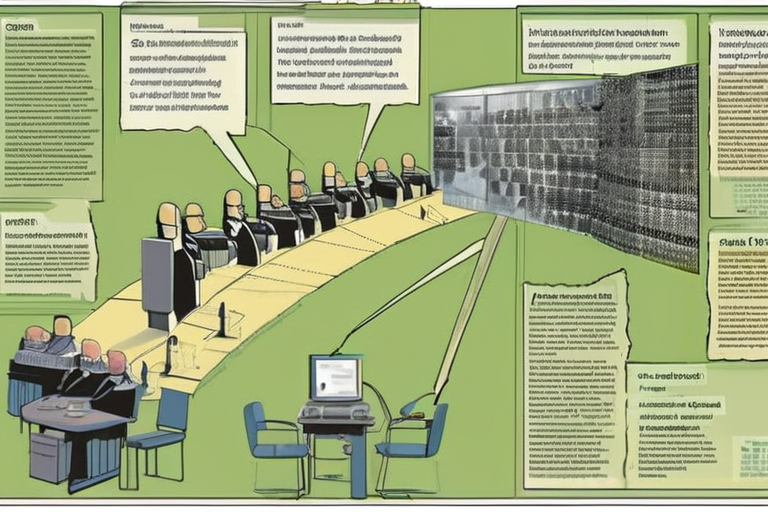


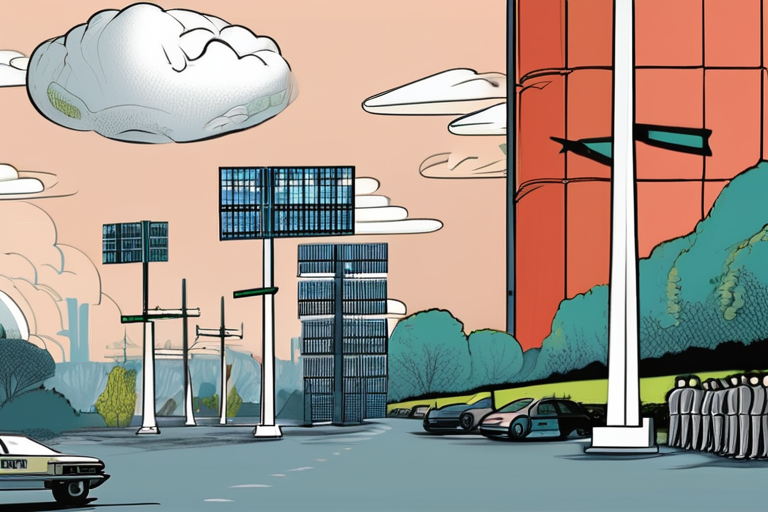







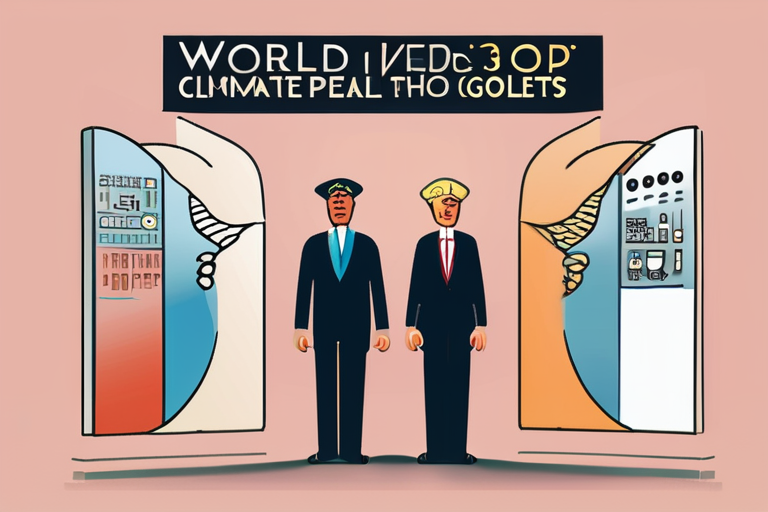
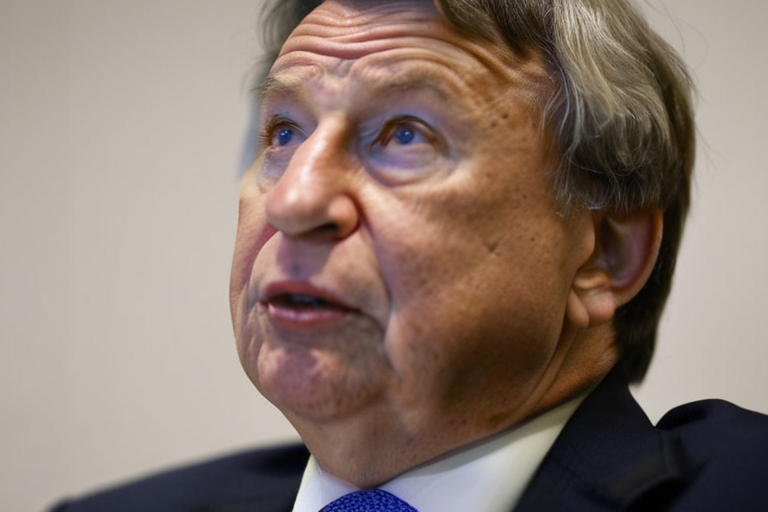

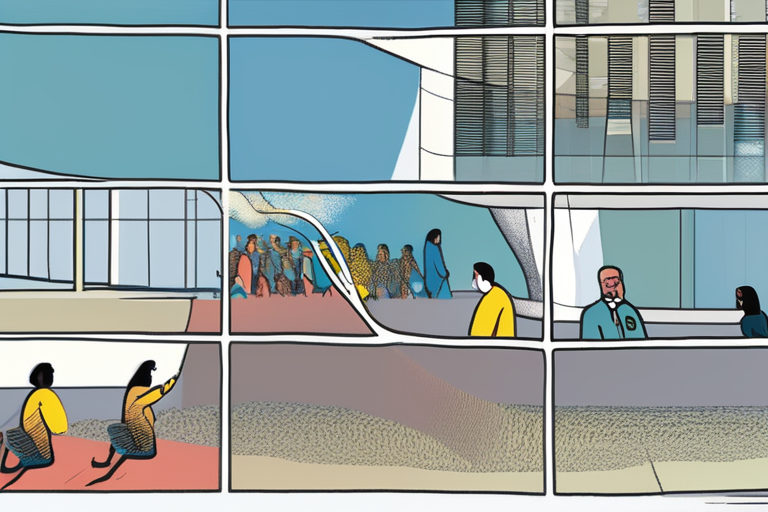


Share & Engage Share
Share this article